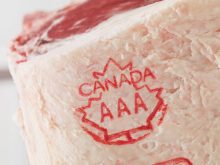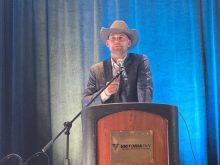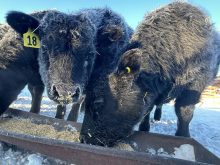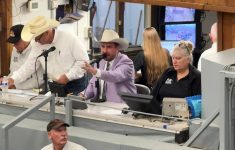Manitoba’s beef sector wants police that specialize in livestock.
A successful resolution at the Manitoba Beef Producers annual meeting Feb. 8 called for MBP to approach the province about a potential livestock investigations unit “or another mechanism aimed at reducing local livestock-related crime.”
“We’ve seen a rise in … theft or fraud-related instances in our sector over the last few years,” said general manager Carson Callum. “It’s been a common occurrence here and there, but unfortunately, with some big cases that have happened, we really feel there needs to be some support through a dedicated RCMP investigating unit like they have in our neighbouring provinces to the west.
Read Also
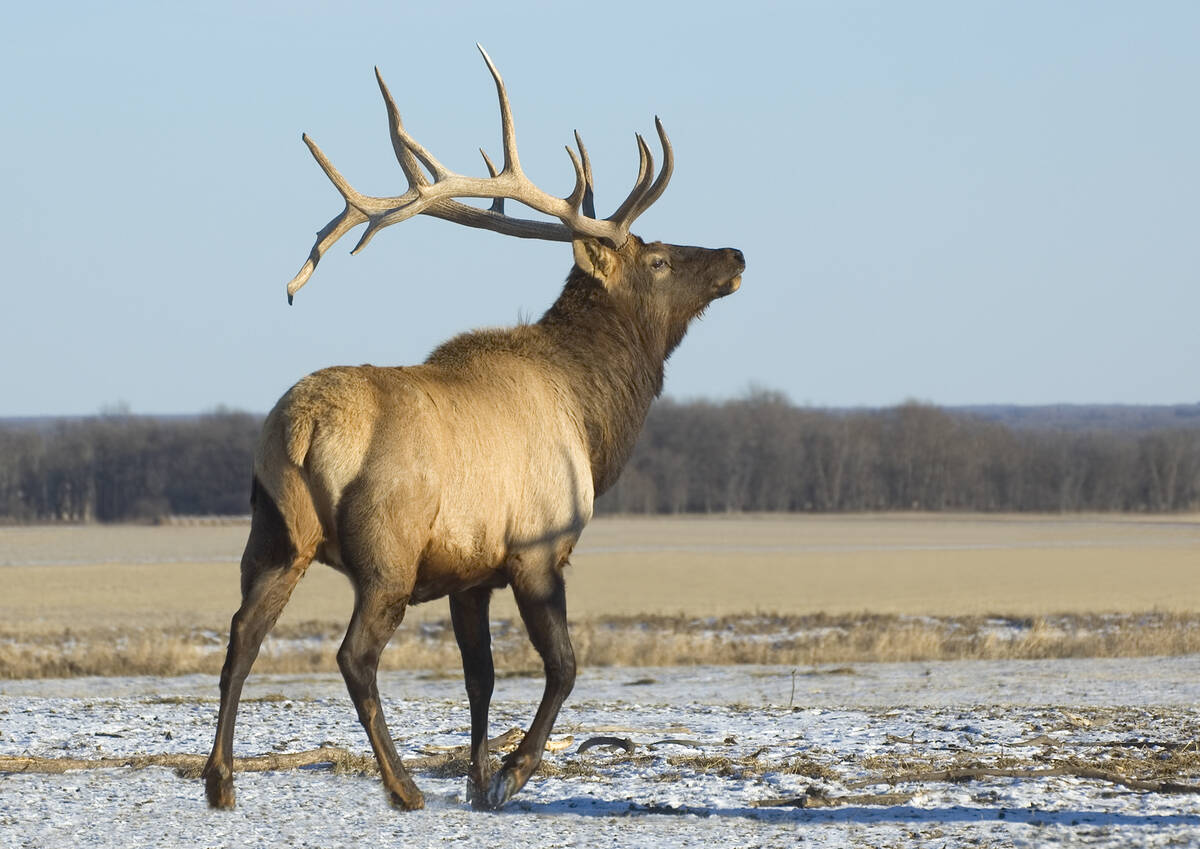
Manitoba Beef Producers take aim at elk surge, feed losses from wildlife
Resolutions at last month’s Manitoba Beef Producers meeting seek help to rein in elk and deer populations, expand fencing supports and improve compensation for wildlife damage.
“That, plus some potential for livestock inspection. It’s been a long-debated topic in our industry and, in light of changing dynamics in the industry and increased cattle prices, I think it’s ever more important to have those discussions.”
Why it matters: Mandatory inspection is more contentious than getting a livestock investigations unit, but in other western provinces, where both are already in place, the two go hand in hand.
Manitoba is the only province in Western Canada without dedicated livestock investigation resources or an inspection system. While there are calls for dedicated policing, the prospect of mandatory inspections is far less popular. MBP argues the two are linked.
“We know for a fact that inspection services in conjunction with those investigative units are able to catch a lot of stolen and missing cattle,” Callum said, and a dedicated police unit would be key if inspection is to avoid a quagmire of red tape.
That’s among the worries underpinning resistance in Manitoba. Critics argue that inspection at sale would bog down transactions. They also point to cost. In Saskatchewan, for example, producers pay $2.75 a head.
There is an additional argument that since enforcement is more successful with branded cattle, a rare practice in Manitoba, the cost might not reap as many rewards for producers here.
Advocates say inspection at auction would ensure proper proof of ownership, curbing theft and fraud. They also say lack of a system is a black eye for the province.
In other provinces, inspectors are in place at auction marts and sale points and check for proper ownership authorization before any funds are released.
“We need to, as an organization, (weigh) the pros and the cons and come up with a strategy to make sure it’s not a huge administrative burden, doesn’t slow commerce and actually does the role that it’s intended to do,” Callum said.
Saskatchewan experience
Cpl. Owen Third is a living example of what beef producers in Manitoba would like to see. A dedicated livestock investigator in Saskatchewan, Third spoke at the Feb. 8 meeting.
He said connection and communication with Livestock Services of Saskatchewan, which provides inspection services in that province, is critical to his job. He consults with LSS when he gets a complaint.
“They’re able to provide me with copies of manifests from when a certain producer might have delivered cattle. When producers sign that manifest, they’re also declaring that they own this cattle or the cattle they dropped off.”
That’s valuable evidence for any court proceedings.
“I know all the (LSS) district managers, a lot of the inspectors (and), of course, (the) operations manager and CEO Jason Pollock,” he said. “We talk all the time, (have) meetings; they are a very critical part to what I do and how I can accomplish what I accomplish.”
There are only four livestock inspectors in Canada, he noted, located in B.C., Alberta and Saskatchewan.
Manitoba does have livestock-savvy police detachments, however. Police in Virden, Ste. Rose du Lac, St.-Pierre-Jolys and Fisher Branch assist in livestock investigations.
“We’ve got regular, general duty RCMP officers that are very competent in taking care of certain tasks.”
In the Saskatchewan model, Third forms a bridge between agriculture and the RCMP, assisting local detachments that are busy with non-ag-related crime.
He has also been called to Manitoba several times for cases linked to Saskatchewan, Third said. If need be, Manitoba RCMP contact him or his fellow livestock officers for help.
Seven LSS inspectors operate in Manitoba to cover the sale of any livestock from Saskatchewan, said Pollock in a later interview. He said he is not as familiar with the Manitoba sector and can’t fully speak to reluctance about inspections, but paying for the service could be a potential barrier.
“However you look at it, it is a cost that a producer will have to bear to get the value we provide,” he said.
Income from about 10,000 of the 1.7 million animals LSS inspects every year is redirected. Fraud is much more common than stolen cattle. In total, LSS estimates those redirections are worth about $16.5 million a year, compared to the $4.5 million it gets through producer fees.
As well as surety against theft, fraud and other malice, the inspection system is used by the Canadian Food Inspection Agency for disease trace-in and trace-out. It also verifies the sale process so producers are paid properly and on time, and it provides a sense of security for investors.
Made in Manitoba
But Saskatchewan isn’t Manitoba, Pollock noted. The size and dynamics of the sector are different, so the business case for inspection will be different as well.
“It may not equate to what Saskatchewan producers pay,” he said.
However, Manitoba’s lack of inspection is felt outside of the province, Pollock said, noting some producers or dealers are uncomfortable with the province’s lack of an inspection system.
“Everybody has to manage their business according to their business needs and what they … deem acceptable risks, and doing business in a jurisdiction that is not unregulated, but largely unenforced, it carries a different set of risks,” Pollock said.





